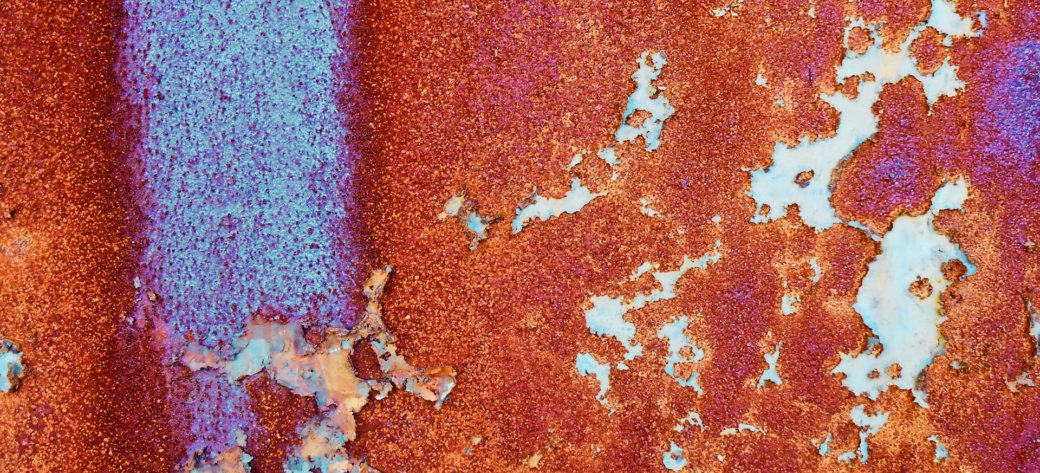
The Toyota FJ Cruiser, like many vehicles, is susceptible to rust, particularly in areas where road salt is used during winter months or in regions with high humidity and frequent exposure to moisture. Rust can develop on various exterior and underbody components of the vehicle, including the frame, body panels, suspension components, and exhaust system.
While FJ Cruisers are not inherently more prone to rust compared to other vehicles, there have been reports of rust issues in some models, especially in regions with harsh winter climates or coastal environments where salt and moisture can accelerate corrosion. Common areas where rust may occur include the frame, rear door hinges, wheel arches, and undercarriage.
To mitigate the risk of rust and prolong the life of the vehicle, FJ Cruiser owners should practice regular maintenance and take proactive measures to prevent corrosion. This includes washing the vehicle regularly, inspecting for signs of rust, addressing any rust issues promptly, and applying rust-inhibiting treatments or coatings to vulnerable areas.
While rust can be a concern for FJ Cruiser owners, especially in certain climates, proper care and maintenance can help minimize its impact and preserve the vehicle’s appearance and structural integrity over time.
